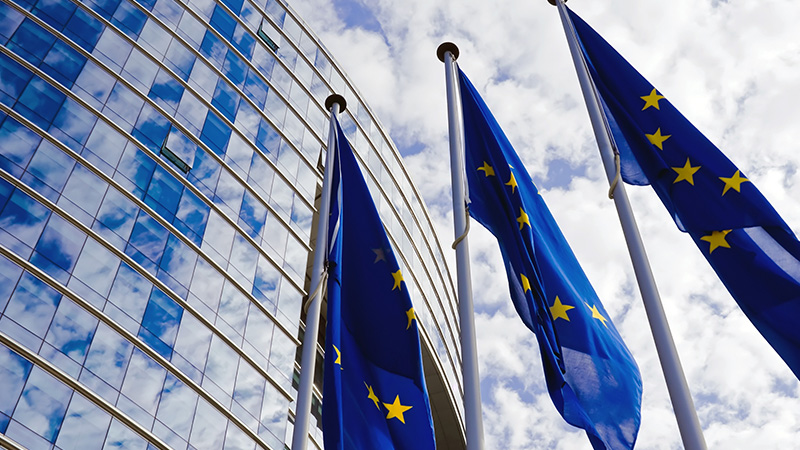Fine definition of electrodes material and catalyst devices
Towards a fossil free economy to be part of the sustainable energy transition
Photosint develops sustainable processes to produce hydrogen and methanol as energy vectors, using only sunlight, wastewater and C02.
Photosint aims to develop a breakthrough technology to produce valuable fuels and integrate them into chemical industry energy demands. For that purpose, devices based on the artificial photosynthesis concept will be developed to produce methanol and hydrogen with integration of local resources from industry. In this sense, the waste streams and C02 generated from industry are the main feed to the production process, being part of the fossil free economy transition and supporting climate protection based on the EU goals.
The core technologies will be scaled up from Technology Readiness Levels 2 and 3 up to 4 and 5.

